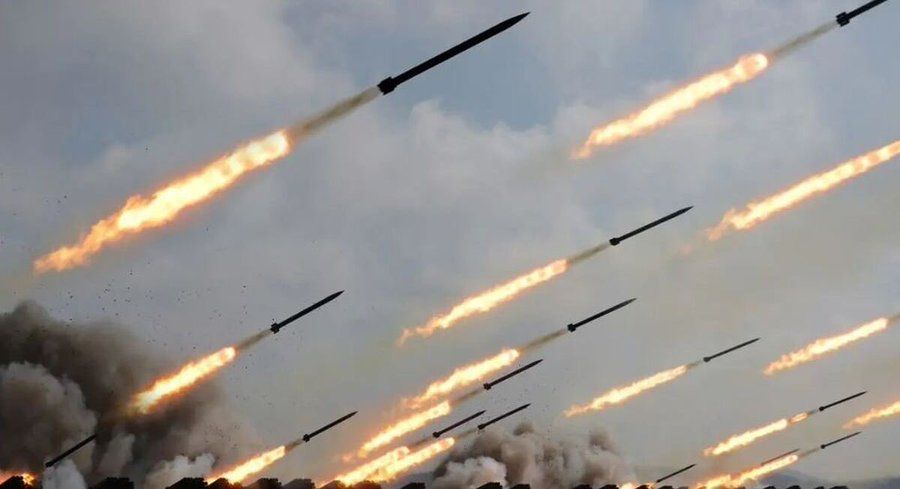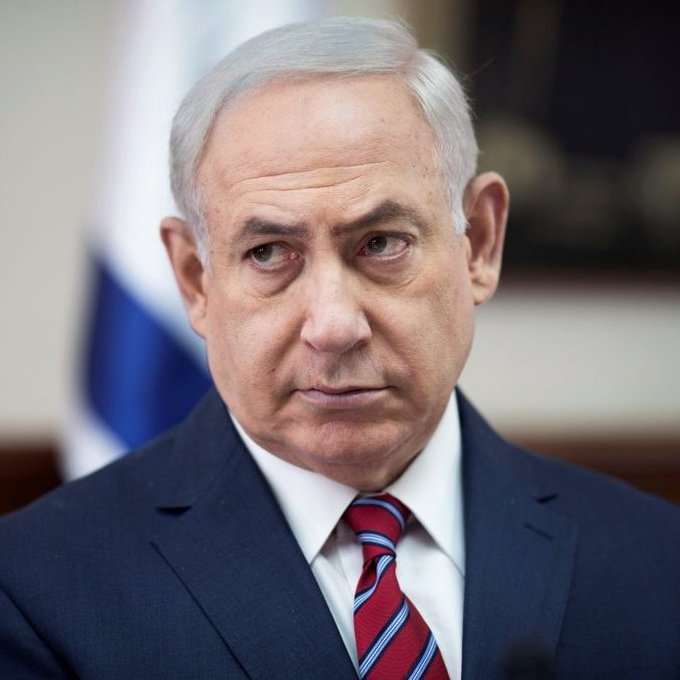Israeli PM Netanyahu demands Iran halt missile production exceeding 480 km range, calling it a direct threat to regional stability.

In a bold and urgent statement, Israeli Prime Minister Benjamin Netanyahu has issued a stern warning to Iran, demanding that it immediately stop developing and producing missiles with a range of over 480 kilometers. The announcement comes amid rising tensions in the Middle East and follows a series of Iranian weapons tests that have raised serious concerns in Israel, the U.S., and among NATO allies.
Netanyahu stated clearly that missiles exceeding the 480 km threshold are “not defensive” in nature and pose a strategic threat not only to Israel but to U.S. bases in the region and key Gulf partners. “Missiles of this range can strike deep into Israel and beyond. Iran must be held accountable for its violations,” he said during a security briefing in Tel Aviv.
This red line drawn by Netanyahu is not random. The 480 km range is widely considered the point beyond which missiles shift from being short-range battlefield weapons to medium-range ballistic threats, capable of striking major cities and military infrastructure. Iran has reportedly been testing and upgrading several of its systems, including variants of the Fateh-110 and Zolfaghar, with estimated ranges up to 700 km and beyond.
Israeli intelligence believes that Iran is aiming to scale up its missile capabilities in anticipation of future conflicts, particularly in Lebanon or Syria. Netanyahu warned that “no nation can accept hostile neighbors building the capacity to strike its capital within minutes.”
While Iran has denied that its missile program is offensive, it has not agreed to any limits on range. Iranian officials maintain the right to “develop sovereign defense tools” in response to foreign threats — specifically pointing to Israel and the U.S. presence in the Persian Gulf.
The Israeli government is now pushing for international action, urging both the United Nations Security Council and Western allies to enforce tighter restrictions on Iran’s missile production, linking it directly to the 2015 nuclear deal violations and broader concerns about regional proliferation.
Whether this turns into another flashpoint in the already volatile region depends on how Tehran responds in the coming days. Netanyahu has made it clear: Israel is watching — and it will act if necessary.

